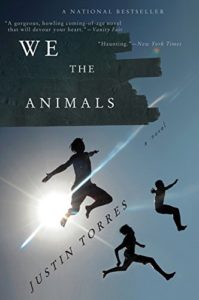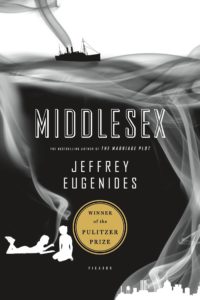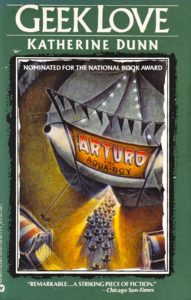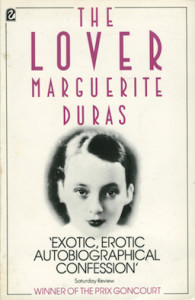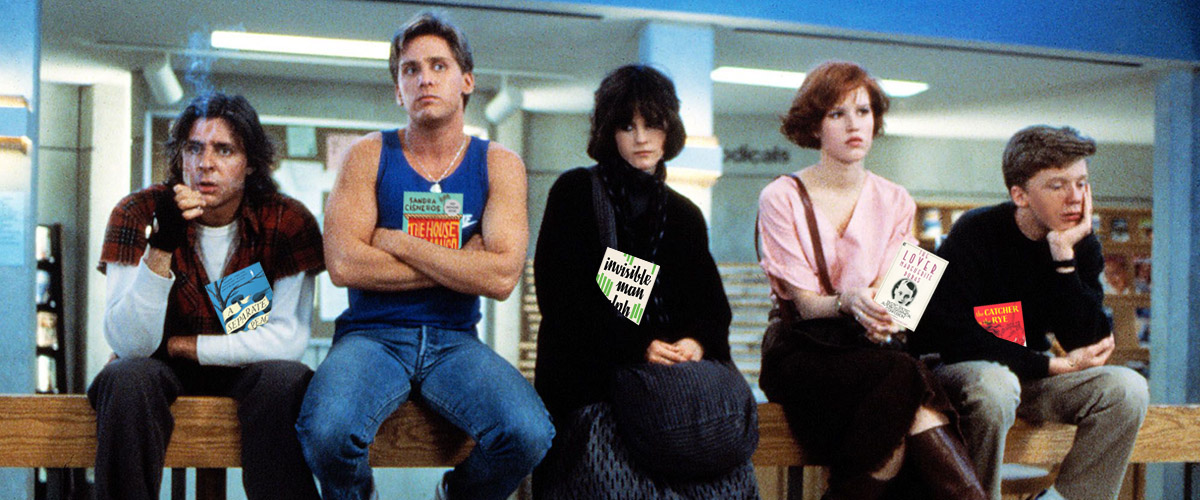
The 50 Greatest Coming-of-Age Novels
Summer's Almost Over . . . Just Like Your Childhood (Sorry)
The end of summer is traditional coming of age time. Your new best friend is going home. Your new boyfriend starts pretending not to know you. Your parents discover your secret hiding place and turn it into a mudroom. You move to a new town. Your dog dies. You pushed your best friend out of a tree and he broke his leg and now you’re dealing with the guilt. When you’re young, you don’t measure time in calendar years—you measure it in school years. So, as we embark on a new one, the Literary Hub office put their heads together to consider some of the greatest coming-of-age novels ever written, for discussing in the halls and reading under the covers.
First: what exactly is a coming-of-age novel? Of course, it’s a novel in which someone becomes an adult, literally or metaphorically. But does a coming of age novel require demonstrable maturity in the end? Does said coming of age need to be the primary focus—in plot, in emotional weight—of the novel? Does the main character have to be a literal adolescent in the beginning? Under 21, maybe? The answer to all of these, I decided, was “usually, but not always.” Like you-know-what, we all know coming of age when we see it. Or at least we know it once we’re on the other side.
However, I do have some rules for this list. I decided to discount anything written for children or young adults, which eliminates a few classics like The Outsiders, The Perks of Being a Wallflower, and Are You There God? It’s Me, Margaret, among others (but does not eliminate, say, The Catcher in the Rye, which Salinger wrote for adults). I rejected short story collections (even linked ones like Melissa Bank’s The Girls’ Guide to Hunting and Fishing) and stuck to one novel per writer (though sometimes I can’t help myself from throwing in an extra mention). I also skewed towards “great” rather than “coming of age”—that is, if a novel was a perfect example of a genre, but just not that good, I might have eliminated it for one that was brilliant but less platonically correct.
Finally, even though the headline declares these 50 coming-of-age novels The Greatest, please remember that this is really only the compiled opinions of a few well-read editors. As such, feel free to disagree, amend, or (the best choice) add on to this list in the comments section.
*
Torres’ slim, elegant, intense 2011 bildungsroman carries us deftly from the mania of childhood and brotherhood to the alienation of young adulthood and the self-knowledge that comes with it—or inspires it, as it were. This is a novel with a poetic soul; I’ll never forget the opening passage of this book, which should give you some idea of the whole:
We wanted more. We knocked the butt ends of our forks against the table, tapped our spoons against our empty bowls; we were hungry. We wanted more volume, more riots. We turned up the knob on the TV until our ears ached with the shouts of angry men. We wanted more music on the radio; we wanted beats; we wanted rock. We wanted muscles on our skinny arms. We had bird bones, hollow and light, and we wanted more density, more weight. We were six snatching hands, six stomping feet; we were brothers, boys, three little kings locked in a feud for more.
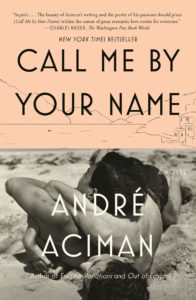 André Aciman, Call Me By Your Name
André Aciman, Call Me By Your Name
If you read this space, you’ll know that I’m a fan of Call Me By Your Name, a perfect, deeply interior novel, steeped in desire, about a young man who falls in love with an older visitor, and discovers quite a bit about himself—and love, and family—in the process. Which sounds a little trite, as I look at it. But this book is not—it’s too intensely felt for that.
A coming of age story that is also a coming of self story, as Callie becomes Cal, and the world becomes modern. See also: The Virgin Suicides, which rivals this one fiercely in my heart and is also in some ways a purer bildungsroman, though for a faceless chorus of boys instead of a single one.
So much more than a coming of age novel, of course, and not usually designated as such—and yet still it fits, as Olympia tells the monstrous story of her childhood (while endeavoring to protect her own daughter from the woman who would “normalize” her). Plus, honestly, for many, reading this book is a coming-of-age experience—it’s shocking, to look so directly at raw human experience, ambition, and pain, even in an inhuman package.
 David Mitchell, Black Swan Green
David Mitchell, Black Swan Green
While Mitchell is still best known for Cloud Atlas, readers should not sleep on his semi-autobiographical 2006 novel, which covers a year—well, thirteen months, to be precise, each recounted in a single chapter—in the life of a thirteen year old boy with a stammer. This is a quiet book, especially as compared to the rest of Mitchell’s oeuvre, but it captures a very specific, ever-changing moment in life with clarity and empathy—and not a small interest in the language that makes it all fit together.
Duras’ originally conceived of her classic autobiographical novel as an annotated book of photographs; though it has no images, it retains that feel, jumping from moment to indelible, distilled moment. It is, as you probably know, about a young white girl and her older Chinese lover in 1920s French Indochina, but it is about much more than that: class, race, mental health, money, family, beauty, rage, growing older. It is not salacious. It’s barely sexy. Instead it is a strange and humid ode to self-discovery.
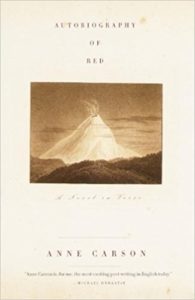 Anne Carson, The Autobiography of Red
Anne Carson, The Autobiography of Red
Carson’s novel in verse features an unlikely subject for coming-of-age: Geryon, the giant monster of Greek mythology (metaphorically, at least) who, tormented by an abusive brother and a mother too weak to protect him, falls in doomed love with a dashing young man named Herakles. But despite the strange form, obscure translations, and magical thinking of this book, few coming of age tales are more affecting.
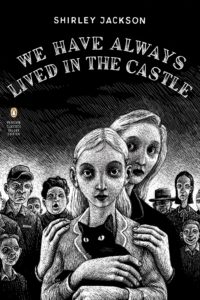 Shirley Jackson, We Have Always Lived in the Castle
Shirley Jackson, We Have Always Lived in the Castle
Not only does this novel feature the best opening paragraph of all time (or at least one of them; see the entry for We The Animals on this very list), but it also features a very compelling young protagonist coming to terms with what I’ll gingerly describe as a . . . unique family situation.
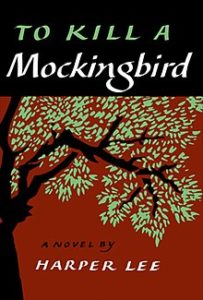 Harper Lee, To Kill a Mockingbird
Harper Lee, To Kill a Mockingbird
With Catcher in the Rye, probably the first title that comes to mind (at least for Americans) when someone mentions “coming-of-age” novels. After all, what’s not to love: knightly father, tomboy daughter, mysterious neighbor, personal growth! A classic among classics.
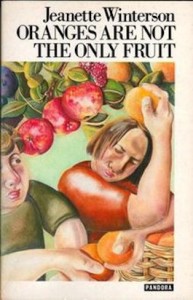 Jeanette Winterson, Oranges Are Not the Only Fruit
Jeanette Winterson, Oranges Are Not the Only Fruit
A beloved coming of age and coming out novel about a young evangelical girl (her name is Jeanette) who dreams of being a missionary—until she falls in love with another girl.
Emily Temple
Emily Temple is the managing editor at Lit Hub. Her first novel, The Lightness, was published by William Morrow/HarperCollins in June 2020. You can buy it here.









